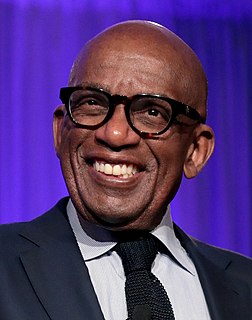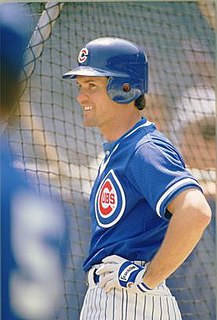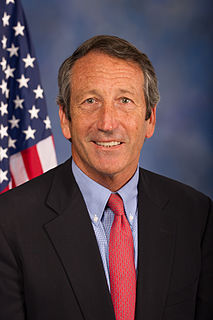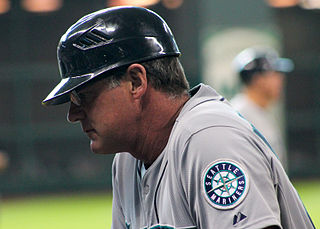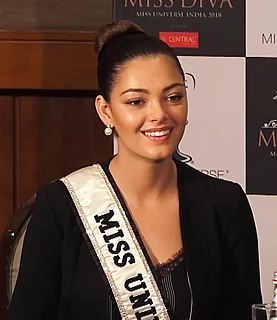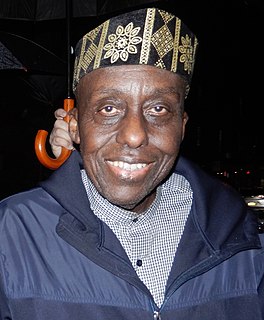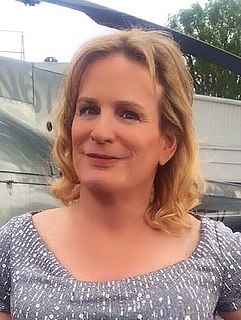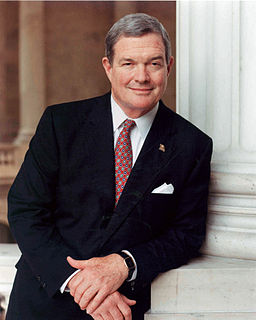A Quote by Al Roker
Last year, when we were in Mobile, Al., covering Hurricane Ivan, we heard the stories of poor people, many of them black stranded downtown because they had no way out.
Related Quotes
'The Sandberg Game' comes up all the time. Fans tell me where they were. They were driving down the highway, they were in the bleachers, they were downtown listening on the radio, they were on the farm on a tractor. I've heard all the stories where people have been. They're just amazed by the ending of the game and the thrill of it.
Segregation was ugly but we made something good out of something ugly. Since we were not welcome in other places run by White people, we were forced by circumstances to let our dollars circulate in our own communities. When you were young and I was young, there was a plethora of Black businesses. But when White folks said, "yes, come and spend your money with us," we ran downtown when we could only pass through downtown. Now downtown has our money.
Millennials regularly draw ire for their cell phone usage. They're mobile natives, having come of age when landlines were well on their way out and payphones had gone the way of dinosaurs. Because of their native fluency, Millennials recognize mobile phones can do a whole lot more than make calls, enable texting between friends or tweeting.
